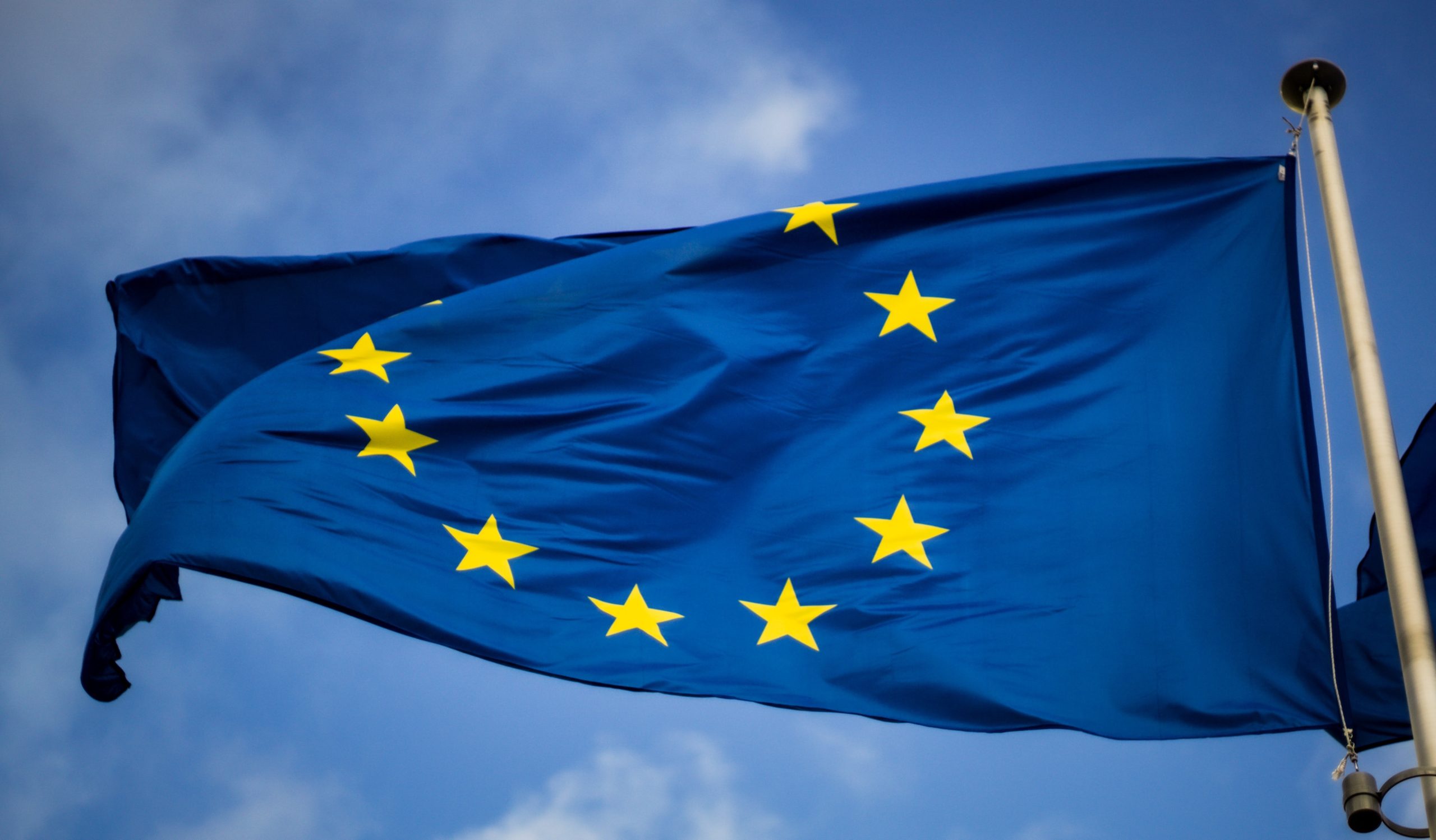This is a reposting from Micheal Geist’s personal blog: http://www.michaelgeist.ca
On October 23, 2007, the U.S., E.U., Canada, and a handful of other countries announced plans to the negotiate the Anti-Counterfeiting Trade Agreement. The behind-the-scenes discussions had apparently been ongoing for several years, leading some countries to believe that a full agreement could be concluded within a year to coincide with the end of the Bush administration. Few paid much attention as the agreement itself was shrouded in secrecy. ACTA details slowly began to emerge, however, including revelations that lobby groups had been granted preferential access, the location of various meetings, and troubling details about the agreement itself.
As the public pressure mounted, the talks dragged along with participating countries increasingly defensive about the secrecy and the substance. ACTA was ultimately concluded in 2010 – years after the initial target – and some of the most troubling provisions were abandoned. Yet the final agreement still raised serious concerns, both for the way the agreement was concluded as well as for the substance.
When ACTA was formally signed by most participants in October 2011 in Tokyo, few would have anticipated that less than a year later, the treaty would face massive public protests and abandonment by leading countries. But with tens of thousands taking to the streets in Europe earlier this year, ACTA became the poster child for secretive, one-sided IP agreements that do not reflect the views and hopes of the broader public. This morning, the European Parliament voted overwhelmingly against the agreement, effectively killing ACTA within the EU. The vote was 478 against, 39 in favour, with 165 abstentions This is a remarkable development that was virtually unthinkable even a year ago. Much credit goes to the thousands of Europeans who spoke out against ACTA and to the Members of the European Parliament who withstood enormous political pressure to vote against the deal.
The European developments have had a ripple effect, with the recent Australian parliamentary committee recommendation to delay ACTA ratification and the mounting opposition around the world. ACTA is not yet dead – it may still eke out the necessary six ratifications in a year or two for it to take effect – but it is badly damaged and will seemingly never achieve the goals of its supporters as a model for other countries to adopt and to emerge as a new global standard for IP enforcement. That said, ACTA supporters will not take today’s decision as the final verdict. In the coming weeks and months, we can expect new efforts to revive the agreement within Europe and to find alternative means to implement its provisions. That suggests the fight will continue, but for today, it is worth celebrating how the seemingly impossible – stopping a one-sided, secretly negotiated global IP agreement – became possible.


